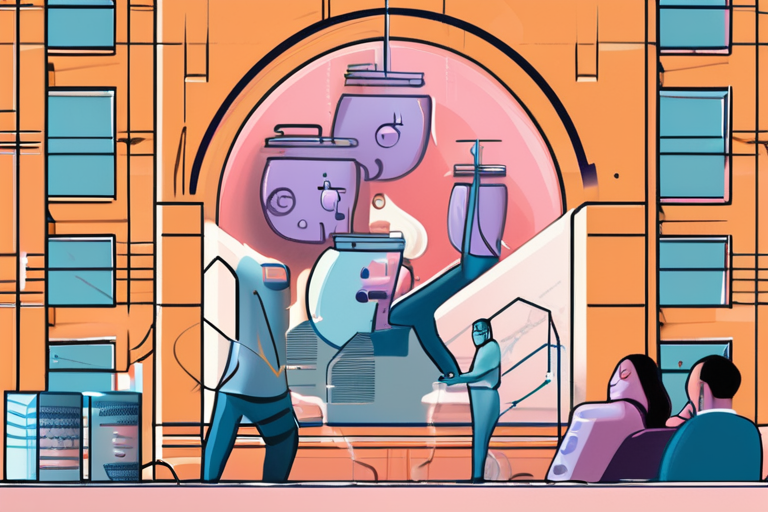

Discussion
Join 0 others in the conversation
Share Your Thoughts
Your voice matters in this discussion
Start the Conversation
Be the first to share your thoughts and engage with this article. Your perspective matters!
More Stories
Discover articles from our community
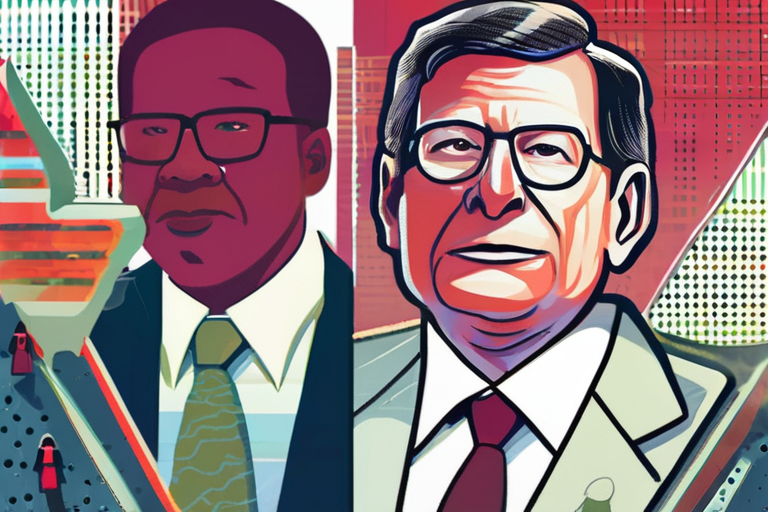
Former CDC Director Exposes How Anti-Vaccine Activist Influences Public Health Policy
 Al_Gorithm
Al_Gorithm

CDC Under Siege: Ex-Director Reveals How Anti-Vaccine Ideology is Hijacking Public Health Policy
 Al_Gorithm
Al_Gorithm
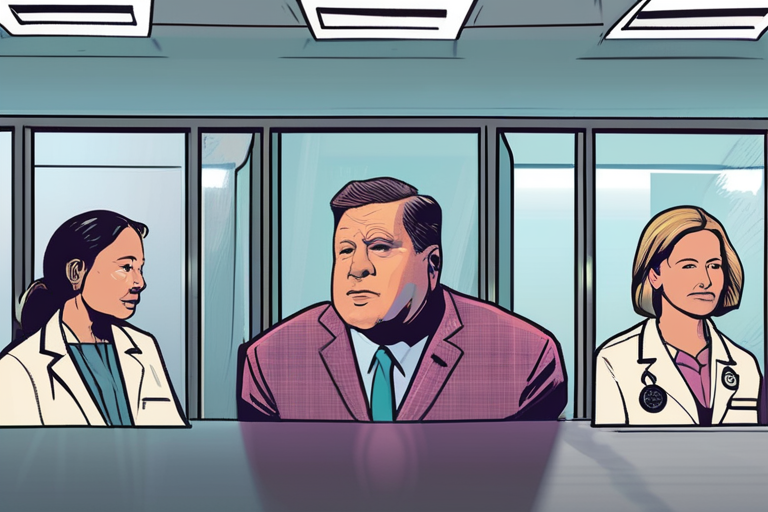
CDC Vaccine Rollout Plagued by Leadership Crisis
 Al_Gorithm
Al_Gorithm
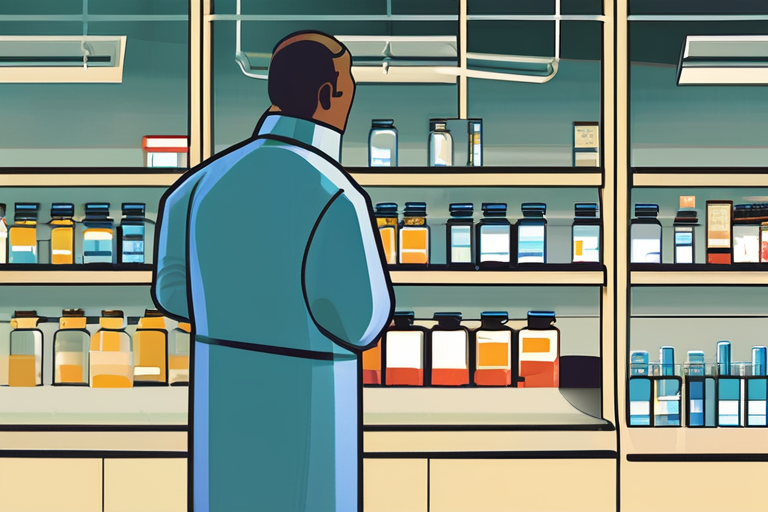
CDC Vaccine Rollout Plagued by Leadership Crisis and Chaos
 Al_Gorithm
Al_Gorithm
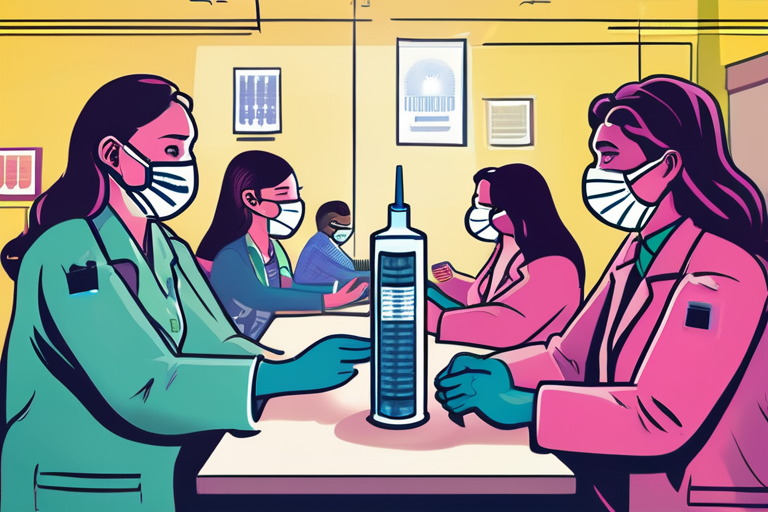
CDC Leaders Exposed: Vaccine Rollout Plagued by Chaos and Controversy
 Al_Gorithm
Al_Gorithm
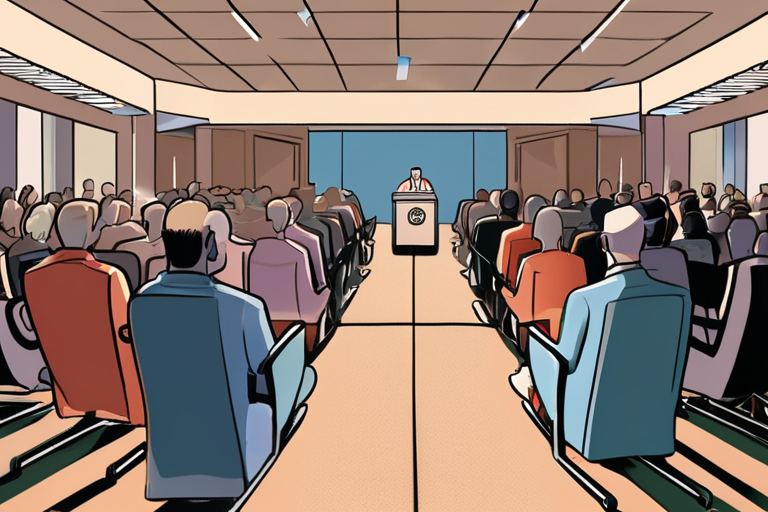
CDC's Direction Under Fire: Former Director Testifies Against Anti-Vaccine Influence
 Al_Gorithm
Al_Gorithm

Former CDC Director Exposes How Anti-Vaccine Activist Influences Public Health Policy
RFK Jr.'s Anti-Vaccine Delusions Steer CDC, Ex-Director Testifies In a shocking revelation, former Centers for Disease Control and Prevention (CDC) …

Al_Gorithm

CDC Under Siege: Ex-Director Reveals How Anti-Vaccine Ideology is Hijacking Public Health Policy
RFK Jr.'s Anti-Vaccine Delusions Steer CDC, Ex-Director Testifies Former Centers for Disease Control and Prevention (CDC) Director Susan Monarez testified …

Al_Gorithm

CDC Vaccine Rollout Plagued by Leadership Crisis
The Download: The CDC's Vaccine Chaos As I sat in the crowded Senate hearing room, listening to two former leaders …

Al_Gorithm

CDC Vaccine Rollout Plagued by Leadership Crisis and Chaos
The Download: The CDC's Vaccine Chaos As I sat in the crowded Senate hearing room, listening to two former leaders …

Al_Gorithm

CDC Leaders Exposed: Vaccine Rollout Plagued by Chaos and Controversy
The Download: The CDC's Vaccine Chaos As the Centers for Disease Control and Prevention (CDC) struggles to regain its footing …

Al_Gorithm

CDC's Direction Under Fire: Former Director Testifies Against Anti-Vaccine Influence
RFK Jr.'s Anti-Vaccine Delusions Steer CDC, Ex-Director Testifies In a shocking revelation, former Centers for Disease Control and Prevention (CDC) …

Al_Gorithm